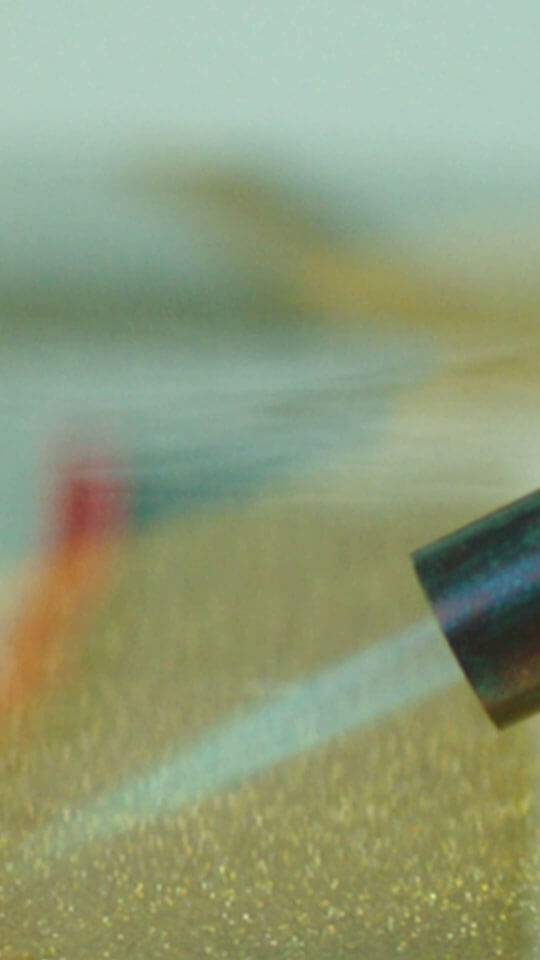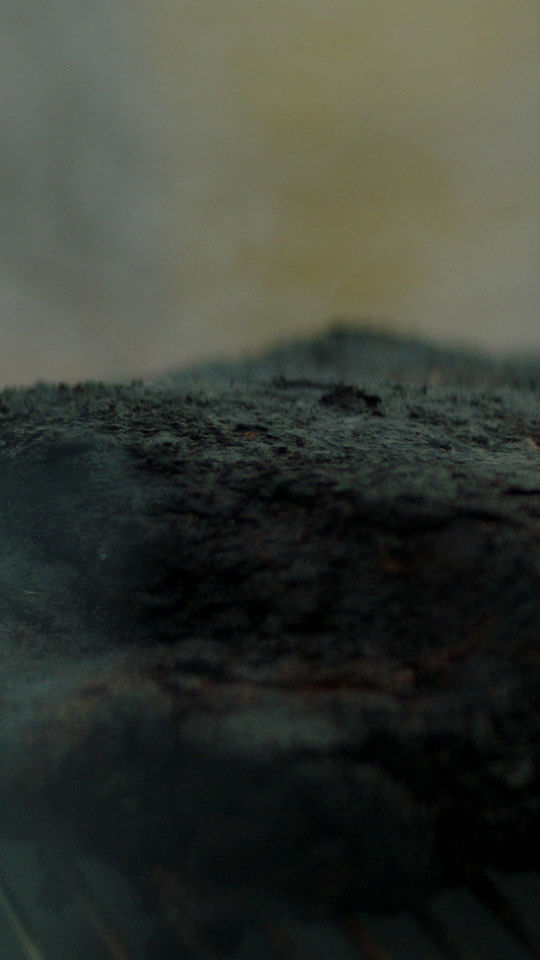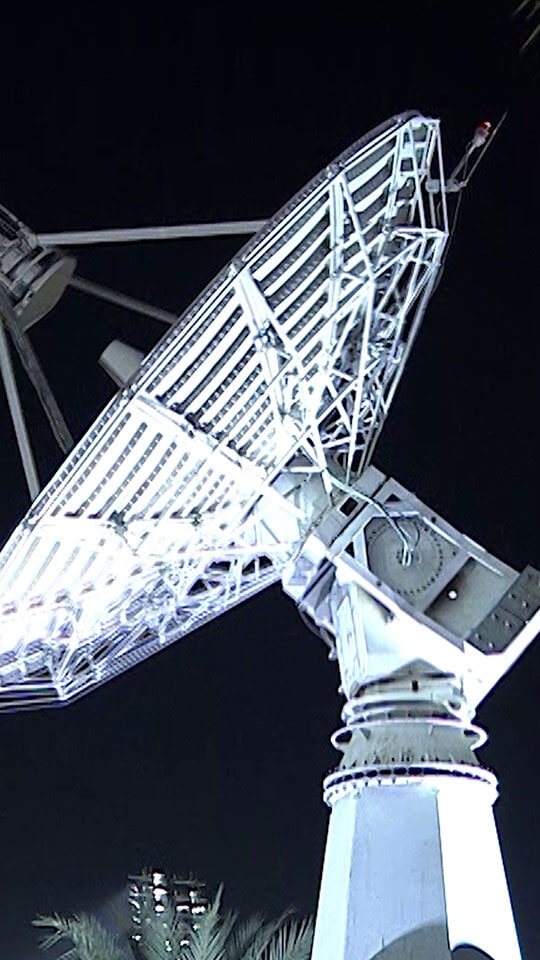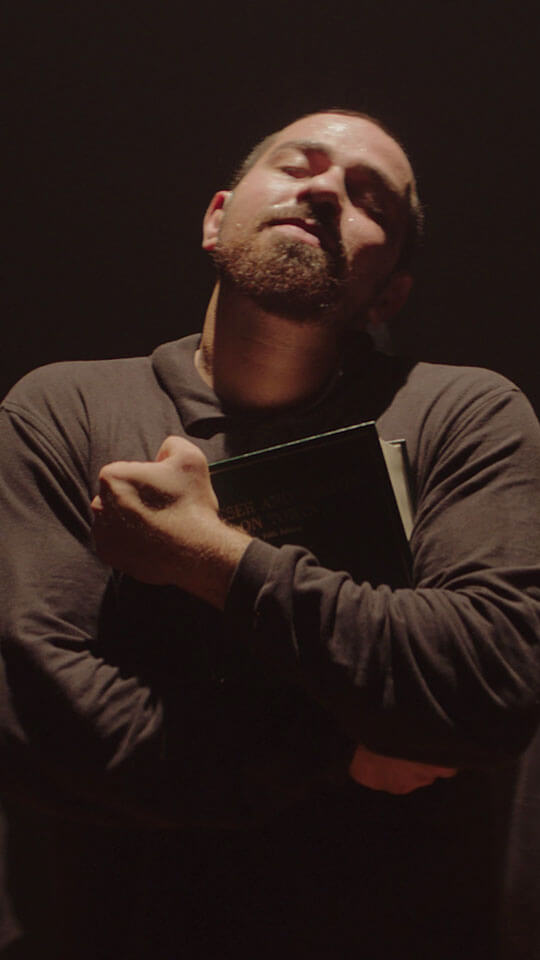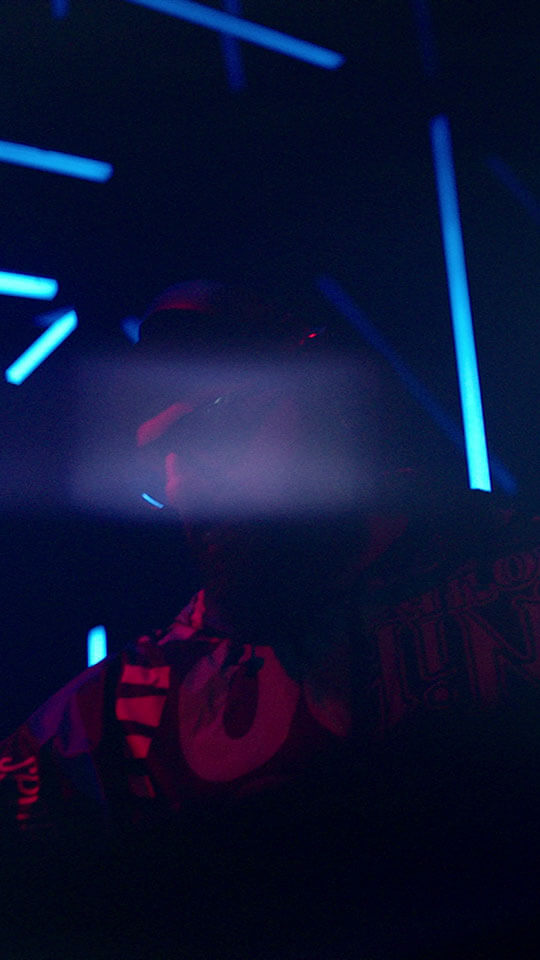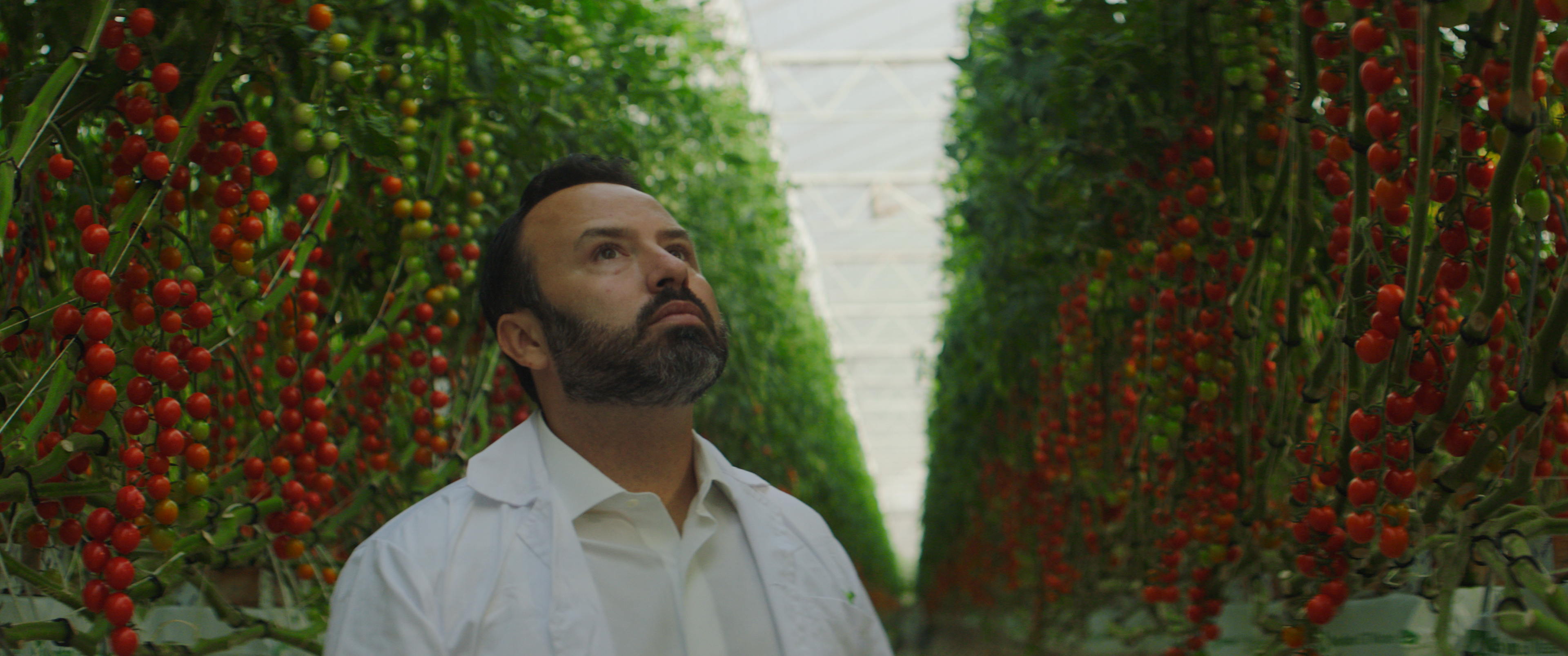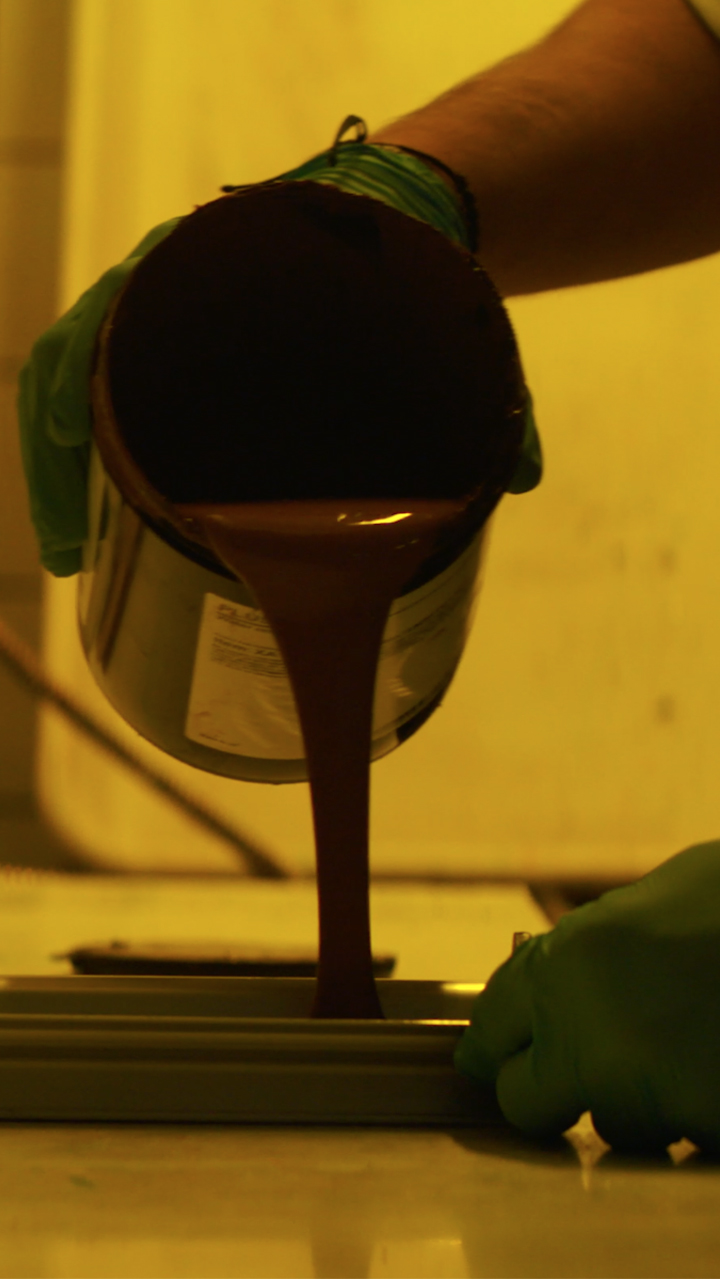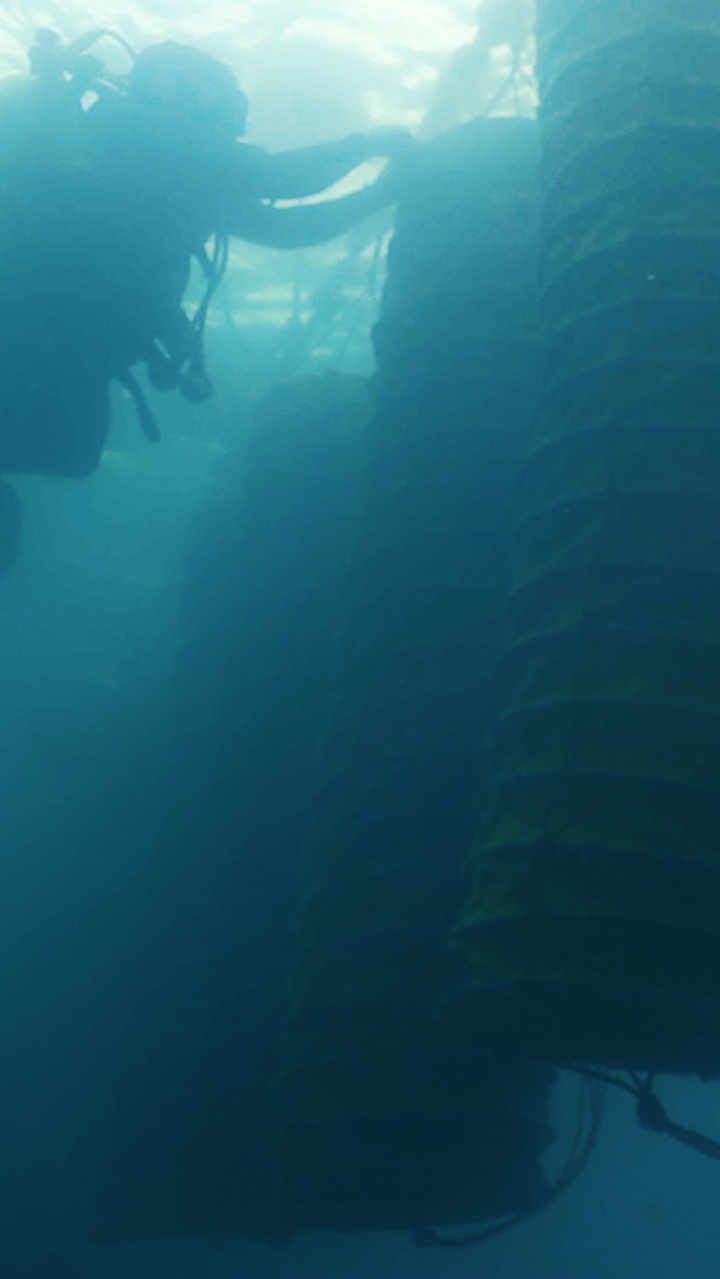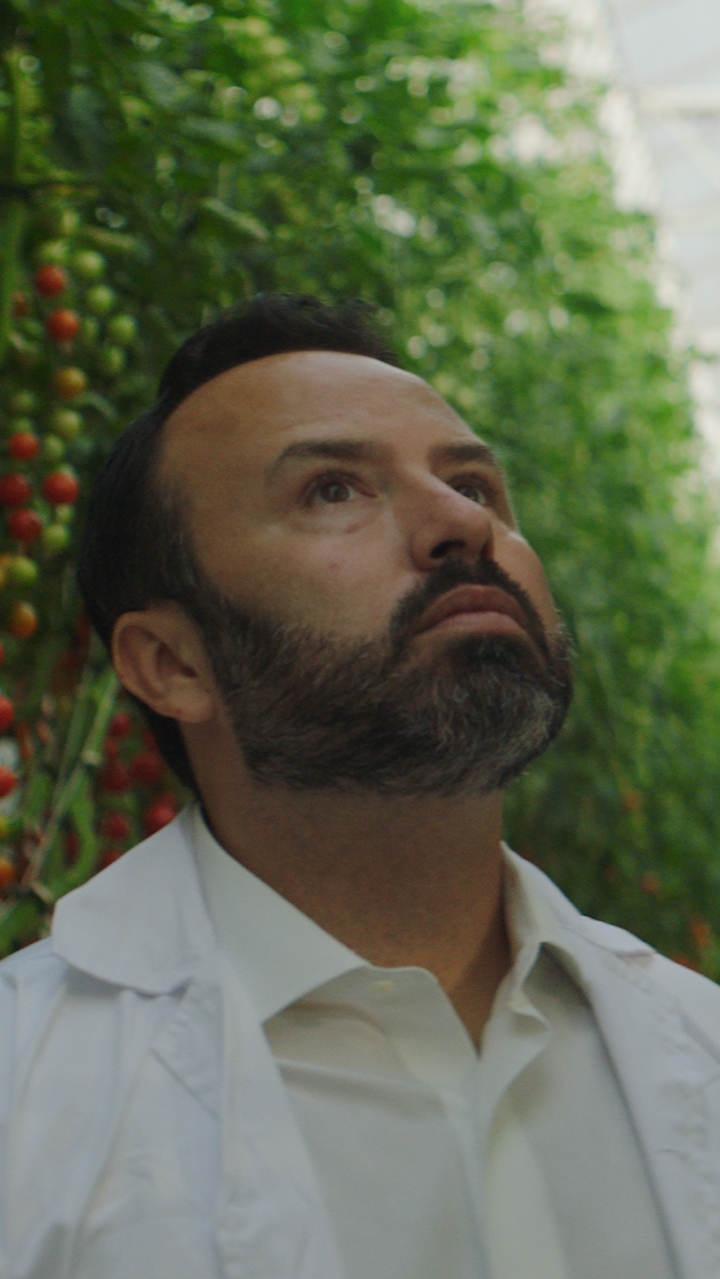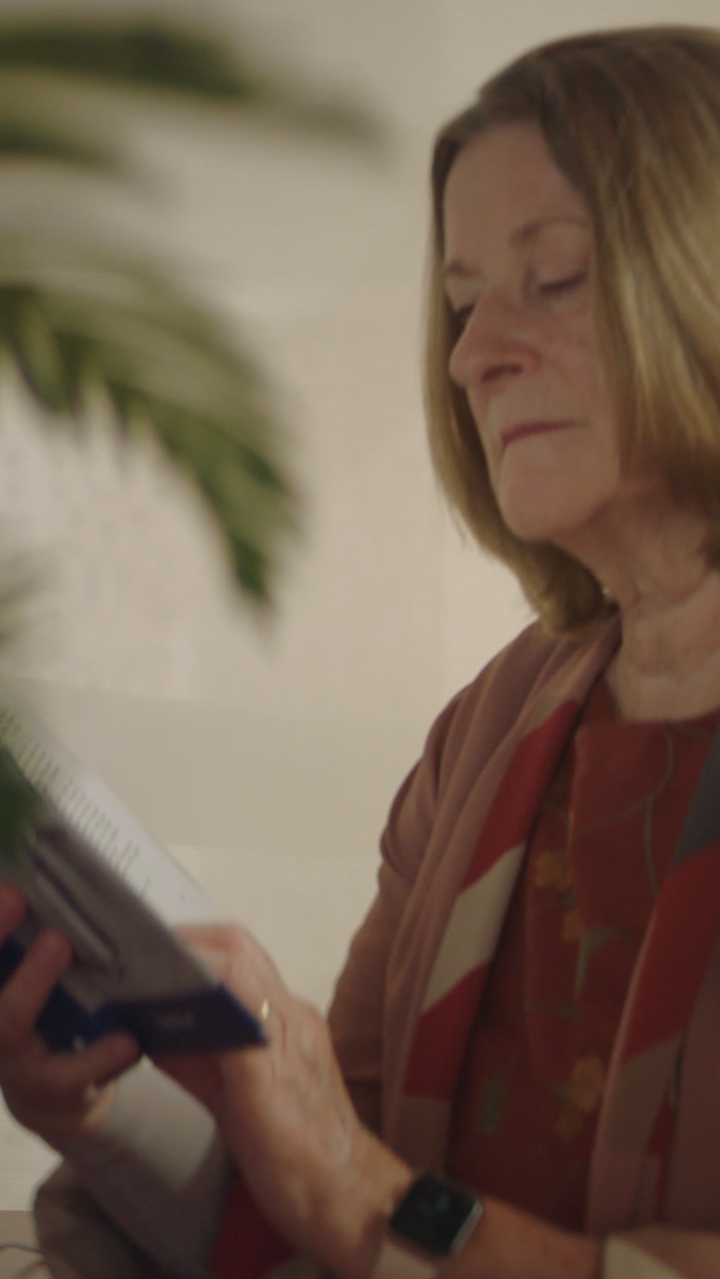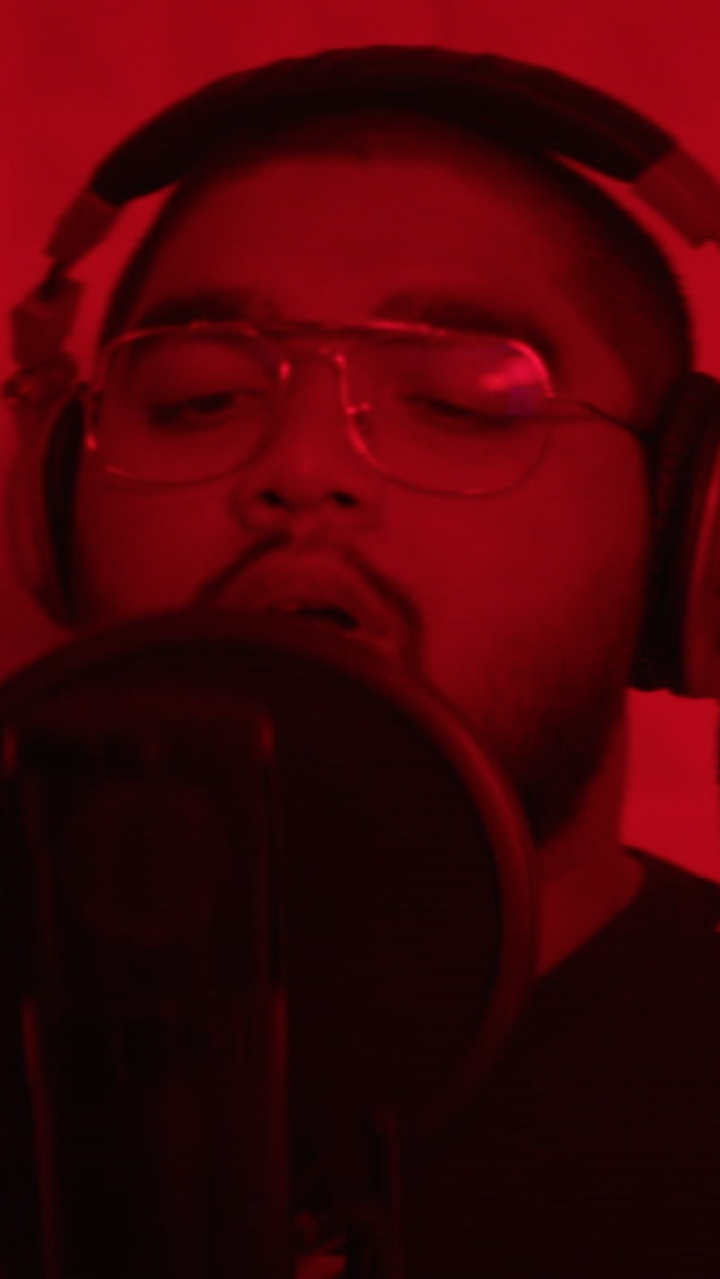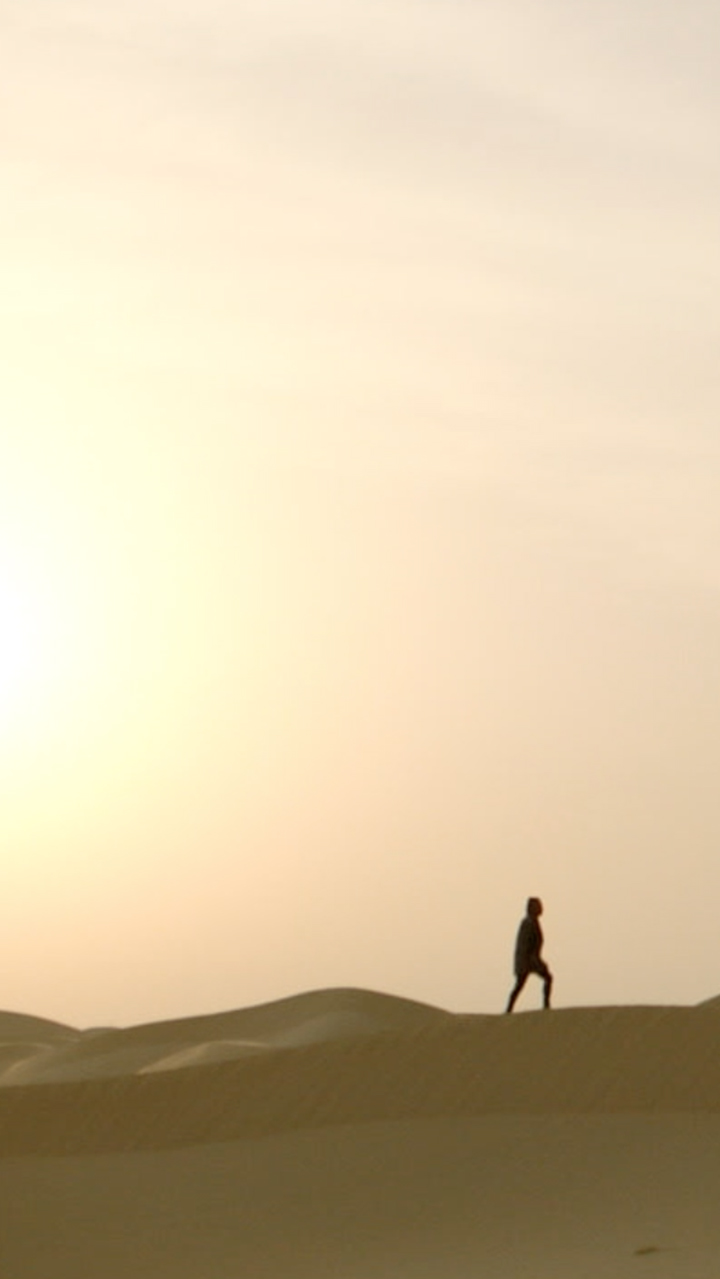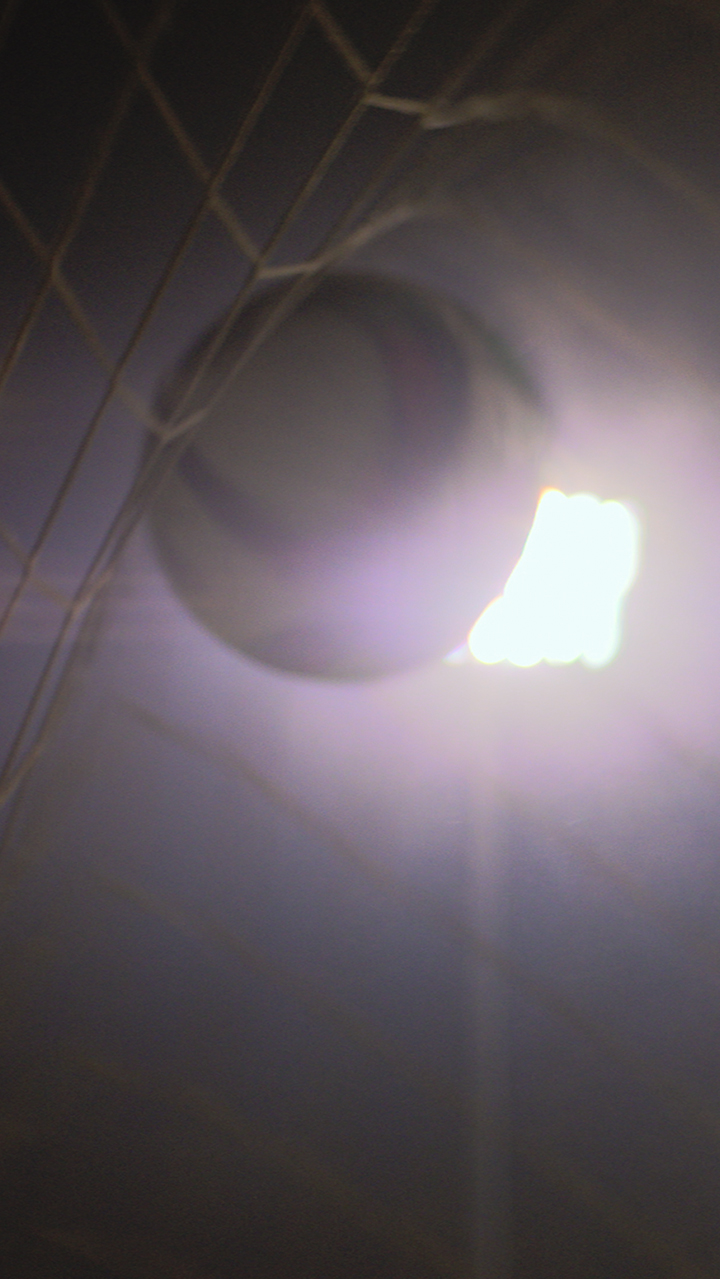The Story of Innovation
Filled with bursts of natural light and elements of 1960s sci-fi design, the Office of the Future is at the heart of the Emirate’s focus on innovation and technology. With big bets being placed on emerging technologies such as artificial intelligence, blockchain and 3D printing, the office is a visible manifestation of the kind of transformation that has been a mainstay of the UAE since its formation.
“To us, innovation is a mindset adopted from our founding fathers, who never settled for what they had at hand,” says Abdulaziz Al Jaziri, Deputy CEO of Dubai Future Foundation. “Instead, they worked to provide the best quality of life for their people and everyone living on their land.”
Much of the Office of the Future’s immediate surroundings are dedicated to innovation. Immediately next door is the Museum of the Future, with its stainless steel façade illuminated with Arabic calligraphy. Inside Emirates Towers, and occupying a space that was once home to restaurants and retail outlets, is Area 2071. Conceived as a garden, the immaculately designed hub is made up of common resources and private work spaces that together form an interdependent ecosystem that’s designed as a focal point for start-ups and tech companies.
These initiatives are far from unusual. A growing number of incubators, accelerators and creative spaces have been launched over the course of the past few years, offering support for tech start-ups and entrepreneurs across the country. Amongst them are in5, an enabling platform launched by the Tecom Group; Dtec, the largest start-up campus in the Middle East; and Krypto Labs, an all-in-one business incubator, accelerator and co-working space based in Masdar City.
These are not aesthetic triumphs or on-trend investments. They are visual and practical manifestations of the work taking place behind closed doors as the nation realises its ambition of becoming a modern innovation hub.
From Fujairah and Sharjah to Abu Dhabi and Ajman, the UAE has made innovation a national priority. Its objective is to position the country as one of the most innovative nations in the world, with the UAE ranked 34th in the Global Innovation Index 2020 (up two places on 2019). It remains the highest ranking country in the Arab world and is among the list of high income countries that have markedly increased investment in research and development.
“This enthusiasm and commitment to innovation comes from the core belief that the world is constantly changing and it will present new challenges and opportunities; therefore, we need to innovate not only to adapt to the future but also to design the best one for the coming generations,” says Al Jaziri. “The Late Sheikh Zayed bin Sultan Al Nahyan said, ‘Future generations will be living in a world that is very different from that to which we are accustomed. It is essential that we prepare ourselves and our children for that new world’.
“Today, we still depend on innovation in the way we think, operate, and work. And we have dedicated more resources – from spaces, programmes and talents – to work in advancing our strategic sectors in Dubai and the UAE.”
This commitment to innovation can be seen everywhere. The Abu Dhabi-based Agthia Group has rolled out plant-based water bottles under its Al Ain brand. The UAE Research Program for Rain Enhancement Science is at the forefront of research into cloud seeding. And in 2019, an Etihad Airways flight from Abu Dhabi to Amsterdam became the world’s first commercial flight to be partially fuelled by biofuel derived from plants grown in saltwater.
Sustainable forms of food production have also been embraced, driven by the UAE’s arid climate and its quest for food security. Last October, the Abu Dhabi Investment Office said it was to offer around $41 million worth of financial and non-financial incentives to three companies – Pure Harvest Smart Farms, FreshToHome, and Nanoracks – in an effort to develop technologies for the production of food in arid conditions. For Pure Harvest, that will mean investing in artificial intelligence, autonomous growing and robotics at new farms in Al Ain.
“Counter intuitively, we believe this is one of the best places in the world to farm food,” says Sky Kurtz, founder and CEO of Pure Harvest. “And the reason why is that the core driver of output in farming is light. So we developed a technology that let us tackle that heat and humidity and that’s let us be able to farm here economically. We see ourselves as an energy company and we are harnessing sun power to create food, or calories, as cheaply as possible.”
It is in the field of space exploration, however, that much of the world’s attention has been focussed. On 3 October 2019, Hazza Al Mansouri (the first Emirati astronaut to blast off into space), returned to Earth after a historic mission to the International Space Station. Until the Emirates Mars Mission launched from Tanegashima spaceport in July last year, Al Mansouri was arguably the most visible component of the UAE’s ambitious National Space Programme. A programme that not only seeks to make the country a global leader in space exploration over the next 50 years, but to enable it to reach Mars by February this year.
Much of the responsibility for the UAE’s space ambitions falls on the shoulders of the Mohammed Bin Rashid Space Centre. It manufactures and operates Earth observation satellites, is responsible for the UAE’s mission to reach Mars (also known as the Hope Probe), manages the UAE Astronaut Programme, and is developing the country’s Mars 2117 vision to build the first human colony on Mars.
The Emirates Mars Mission alone aims to stimulate the science and technology-driven sectors of the country’s economy. And as we move further into the solar system it is believed that space exploration will improve life on Earth by advancing scientific knowledge and discovery, driving technological development and providing economic opportunities across numerous industries.
“It’s not just about getting to Mars,” says Ayesha Sharafi, a spacecraft propulsion engineer for the Hope Probe. “It’s about creating hope and inspiring the Arab youth that if a country of 50 years can get to Mars, then anything is possible.”

